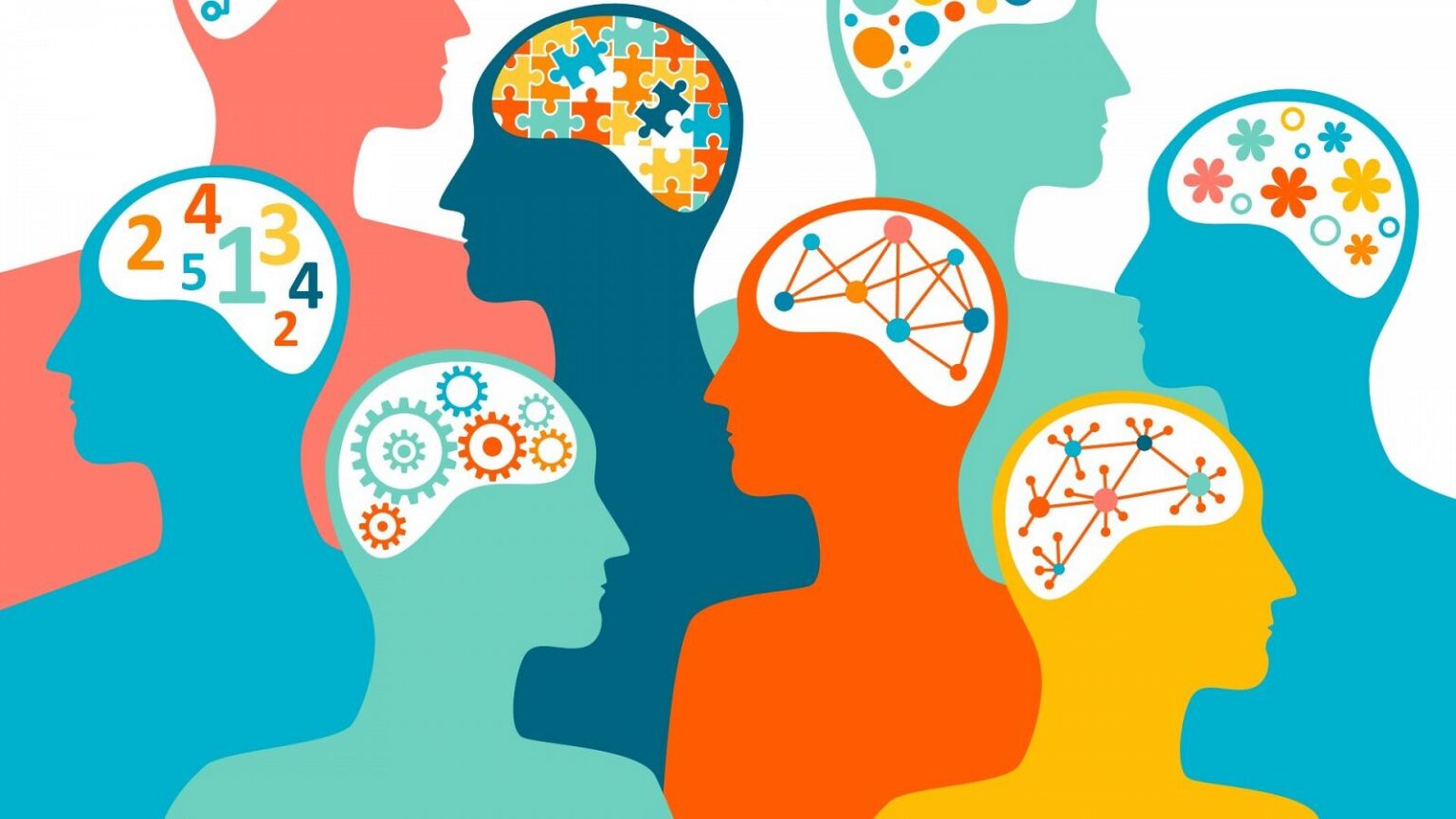In occasione della Giornata Mondiale della Consapevolezza sull’Autismo, che si celebra all’inizio di aprile, mettiamo in luce gli ostacoli quotidiani che le persone autistiche affrontano e gli sforzi extra che compiono ogni giorno per vivere in una società in cui le differenze non sono ancora pienamente comprese.
Il mondo ha molte prospettive, ma coloro che lo vedono in modo diverso non si adattano facilmente a una società che si considera inclusiva. È così che si sentono le persone con autismo, che attualmente, secondo l’associazione Aprenem Autisme, rappresentano l’1,23% della popolazione catalana (circa 1 persona su 81). Il novanta per cento di questo gruppo presenta una qualche forma di ipersensibilità ai rumori o agli stimoli quotidiani, il che impedisce loro di svolgere facilmente le attività giornaliere; altri hanno bisogno di un ordine rigoroso, di una certa routine o di comportamenti molto ripetitivi per riuscire a vivere in un mondo pieno di incomprensioni e stereotipi. Allo stesso modo, a volte semplici mezzi, come indossare le cuffie o avere determinati oggetti e supporti a disposizione, possono alleviare i momenti di stress.
Zacarias Benamier è un giovane uomo di Tangeri, Marocco, a cui è stato diagnosticato un disturbo dello spettro autistico (ASD) quando aveva quasi 40 anni. Durante un incontro con i media organizzato dall’associazione Aprenem Autisme, Benamier ha spiegato che per lui “interagire con le persone è sempre una sfida” e ha ammesso che, quando ha ricevuto il risultato medico, “ho capito molti episodi e situazioni che avevo vissuto”. Ha aggiunto: “La diagnosi ti dà il dono di perdonarti”.
Da bambino, Zacarías Benamier ha subito bullismo e violenza fisica a scuola, e da adulto è stato considerato “strano” e “difficile da trattare” sul lavoro a causa delle sue difficoltà nelle relazioni sociali. “La gente si aspetta che ci comportiamo come persone non autistiche”, dice. Il caso di Zacarias non è unico. Secondo uno studio realizzato da Autismo España nel 2021, il 12% degli studenti con disturbi dello spettro autistico ha vissuto almeno un episodio di bullismo a scuola e il 71% subisce esclusione sociale praticamente ogni giorno.
Benamier presenta un grado di autismo ed è molto dotato: parla cinque lingue e il suo grande amore per la musica gli ha permesso di cantare e far parte dell’Orfeó Gracienc, un’organizzazione che descrive come un “ambiente sicuro” che lo ha aiutato a essere socialmente attivo. Tuttavia, il giovane ritiene che non conformarsi alle “norme sociali” abbia talvolta un impatto significativo sui suoi diritti fondamentali. E fornisce alcuni esempi. Racconta che, quando va dal medico, spesso trova difficile esprimersi e questo porta alcuni dottori a trattarlo come un bambino. È anche convinto che, nella ricerca di lavoro, il suo alto livello di competenze e la capacità di nascondere il disagio nel mantenere il contatto visivo con le persone gli abbiano permesso di superare alcuni processi di selezione.
Alejandra Da Silva, anche lei una persona autistica diagnosticata in età adulta e madre di un bambino autistico, condivide lo stesso sentimento. “Volevo essere accettata in tutti gli ambiti”, afferma, ma le richieste sociali e il sovraccarico sensoriale l’hanno costretta a sforzarsi così tanto da passare molti fine settimana a letto. Da Silva sottolinea anche che il fatto di essere donna è stato un grande ostacolo nella ricerca della diagnosi, che nel suo caso ha richiesto cinque anni e mezzo, e coglie l’occasione per denunciare che il pregiudizio di genere nell’ambito sanitario “è presente in quasi tutti i settori, non solo nella diagnosi dell’autismo”. In questo senso, la psicologa Maria Soledad Conesa Soto, dell’Associazione Astrade, conferma che “esiste un pregiudizio di genere negli strumenti diagnostici e un immaginario sociale maschilizzato che può portare alla negazione di una diagnosi alle donne”. Inoltre, Conesa sottolinea che “noi donne autistiche tendiamo ad avere migliori capacità di comunicazione e interazione sociale e a nascondere deliberatamente alcuni dei sintomi associati all’autismo”. Per Zacarías e Alejandra, scoprire di essere autistici da adulti è stato, in un certo senso, liberatorio: “Ho capito perché mi sentivo diversa, perché il mio modo di interagire con il mondo non corrispondeva a quello che la società si aspettava da me”, dice Da Silva.
Una difficile integrazione della differenza
Attraverso queste storie, Aprenem Autisme ha voluto mostrare ai media quanto sia difficile per le persone autistiche integrarsi in una società che si considera inclusiva e accessibile. Ha inoltre fornito una guida linguistica o glossario – con raccomandazioni e preferenze per una terminologia più adeguata, rigorosa e precisa – per informare sull’autismo, con l’obiettivo di rendere visibile e spiegare nel miglior modo possibile una realtà – quella delle persone autistiche – che passa inosservata e viene spesso esclusa.
Il 2 aprile, Aprenem Autisme ha celebrato la Giornata Mondiale della Consapevolezza sull’Autismo, come ogni anno, con l’obiettivo di denunciare le violazioni quotidiane dei diritti delle persone autistiche e difendere la piena inclusione di questo gruppo e delle loro famiglie. In quanto membri della Confederación Autismo España (Confederazione Spagnola dell’Autismo), condividono un manifesto comune che chiede, tra le altre cose, che le persone con disturbi dello spettro autistico ricevano il supporto specifico e flessibile di cui hanno bisogno in ogni fase della vita. Autismo España lancia anche una campagna di sensibilizzazione con lo slogan “Somos Infinitos”, che mira a mettere in evidenza la diversità dell’autismo: ci sono tanti tipi di autismo quanti sono gli individui autistici.



